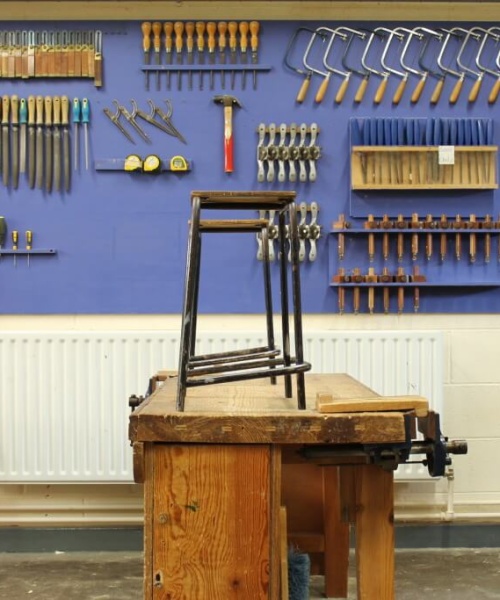“Geography is the subject that holds the key to our future”
Geography
Geography is the study of people and their relationships with their environment. It is concerned with helping to develop an understanding of the physical, social and economic processes which shape that environment. In keeping with the mission of the school we encourage lifelong learning skills and learning for life through research and reading the world around us.
Geography encourages active enquiry-based learning: project work, field work and street/internet research work all encourage students to find information, transform it and then analyse it.
Subject Aims
- To promote awareness of the spatial patterns of environmental phenomena, both natural and cultural.
- To develop an understanding of natural, social and economic processes.
- To develop an understanding of complex interactions in the world and their constant changes.
- To encourage to be sensitive to awareness of their own country and elsewhere.
- To contribute to students understanding of current issues.
- To encourage students to develop their natural curiosity.
- To develop organized thinking and cognitive abilities.
- To improve numeracy and literacy in all students.
Subject Objectives
Knowledge
Students should be encouraged to develop understanding of the:
- Physical environment
- Social and cultural phenomena
- Interactions and effects of the interactions of physical, cultural, social and economic phenomena.
- The nature and diversity of physical and cultural environments in Ireland and elsewhere.
Skills
Students should develop the following skills:
- Figure Drawing/Interpretation
- Map Drawing/Interpretation
- Photograph Analysis
- Investigative Skills
- Presentation skills
- Communication skills
- Social Skills – e.g. team work
- Information Technology Skills
Junior Cycle:
Geography is a compulsory subject up to the end of the Junior Certificate examination. Three lessons per week are taught from 1st year through to third year.
The Junior Certificate Syllabus is presented in three sections, each based on a broad theme:
Human Habitats: “Processes and Change” – this includes the study of some of the physical processes at work in our world like plate tectonics, erosion, world climates, a study of the elements of the weather and identifying the instruments used in meteorology.
Population, Settlement Patterns and Urbanisation – here students examine the factors that have affected population change on a national and global scale over time.
Patterns in Economic Activity – This section can be subdivided under the three broad headings of Primary Economic Activities, Secondary Economic Activities and Tertiary Economic Activities.
Ordnance Map skills are developed throughout the entire Junior Certificate Cycle with an emphasis placed on developing key skills such as identifying grid references, physical and human features.
Career Opportunities
There are many career opportunities available to students who study geography for their leaving certificate. Some of which include;
- Marketing
- Tourism
- Agriculture
- Outdoor leisure
- Oceanography
- Environmental science
- Anthropology
- Development studies
- International aid / NGO work
- Community development
- Local government planning
- Weather and climate analyst
- Land surveyor
- Teaching (Primary/ Post-primary / TEFL)
- Urban planning
- GIS specialist
- Landscape architect

